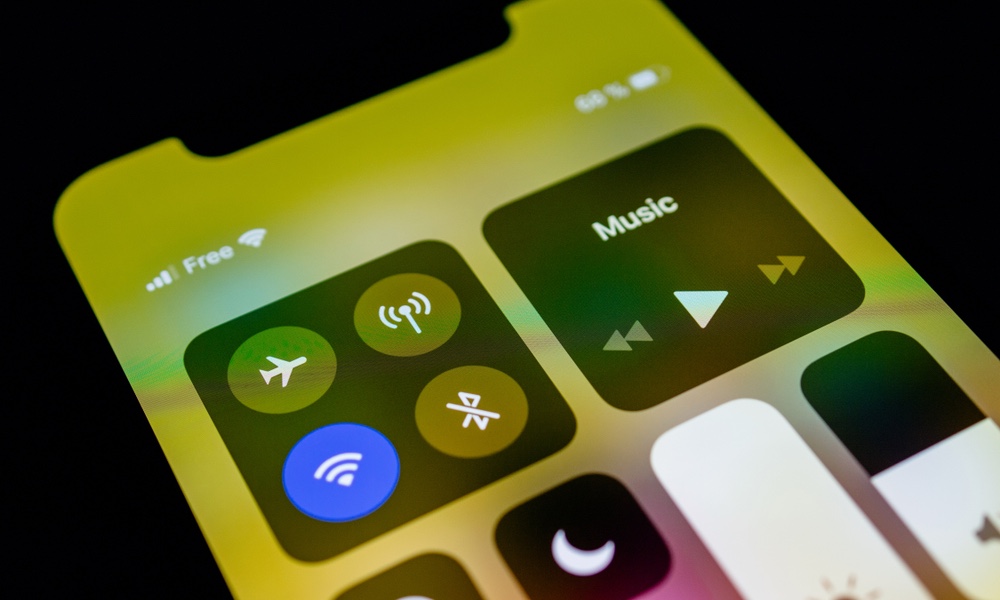iOS 13.4 Bug Is Consuming Users’ Cellular Data at an Alarming Rate
 Credit: Hadrian / Shutterstock
Credit: Hadrian / Shutterstock
Toggle Dark Mode
iOS 13.4 may include a glitch that consumes cellular data at an alarming rate, according to a report from Forbes. This issue first appeared last year with iOS 13. It remains unfixed in the recent iOS 13.4 beta versions and likely will still be an issue when iOS 13.4 rolls out on March 24th.
According to multiple forum discussions, iOS users have been complaining about unusual data usage from a category called “Uninstalled Apps.”
Users find this mysterious entry when they view Settings > Cellular > Cellular Data after receiving an alert from their carrier about an unexpected data overage. For some, the data usage can reach a gigabit or more per day.
The uninstalled apps section shows the data used by apps before they were uninstalled from a user’s iPhone or iPad. It should remain constant until a user deletes an app, but that is not how it is behaving. Some iPhone owners report steady increases even when cellular data is turned off. Users have reset their data and even reset their phones, but the data usage continues to increase.
Apple support allegedly has known about the issue since January and recognizes that it is serious, reports Forbes. The company told an affected customer that it does not know when it will fix the glitch. It also has not responded to customer questions about being compensated for data overages due to the glitch.
Customers also have contacted wireless carriers like Verizon for answers to this mysterious consumption.
When speaking with Verizon, a customer supposedly was told the data was classified as audio and video streaming because it was using those network ports. AT&T also confirmed it detected this unusual data on its network as well, but did not classify into a category.
The problem has affected a variety of different iPhones, including the iPhone X, iPhone 11, and iPhone XR. Rolling back to an earlier version of iOS, such as iOS 12, reportedly stops the problem, but that’s only a temporary measure. As soon as iOS 13 is re-installed, the glitch rears its ugly head.
Apple could release an update to iOS 13.4, but it likely will hold off until iOS 14 to fix this issue. The company is expected to unveil iOS 14 at WWDC 2020, which will be held online due to the coronavirus. iOS 14 will debut this fall alongside new iPhones rumored to include the iPhone 12 and iPhone 12 Pro series.
.






